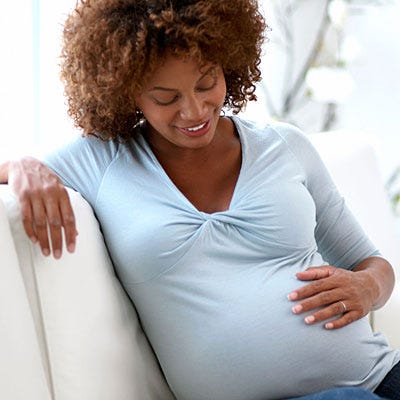As weather condition soar as high as 35 degrees University of Ilorin Professor and Consultant Obstetrician and Gynaecologist Adegboyega Fawole, said the heatwave is not conducive for pregnant women and children than non-pregnant women and adults.
He stated that children have small body surfaces and weight and when exposed to heat waves would suffer dehydration.
Fawole said, “A pregnant woman has a body surface that is at that time going through some changes that will make her need more water than when she was not pregnant. Pregnant women get dehydrated easily and quickly.
“For pregnant women in their first trimester, extreme heat waves could cause changes in the system where the body is forming the baby.
“This period is the time that the organs are formed, when the foetus is ill, there is a higher risk of miscarriage and early birth, which might make the outcome of the pregnancy unpalatable to the mother.
“For the baby born prematurely, it causes more difficulty in care as cost and survival is always guarded depending on the age.”
The don urged pregnant women during this period to work in a well-ventilated and cool environment and refrain from walking in the sun.
He also advised them to wear light clothes and take cold baths as much as possible.
The maternal health experts urged pregnant women to avoid walking in the sun, take water intermittently and stay in well-ventilated areas during this period.
The United Nations Children’s Fund says heat waves happen when the temperature is higher than usual for several days.
It noted that heat waves can be extremely uncomfortable and pose serious health risks for infants, children, pregnant women and the elderly.
The don also said walking in the sun for too long should be discouraged, noting that if such occurs, water should be taken intermittently.
An Honorary Consultant Obstetrician Gynaecologist at the University of Ilorin Teaching Hospital, Prof Ishaq Abdul, said that the body of pregnant women needs 30 per cent more water due to the increase in blood volume, noting that dehydration caused by the heat wave can negatively affect their body mechanisms.
He urged pregnant women to avoid walking in the sun during heat waves, “In mild forms, there might not be any problem as a pregnant woman can survive but there is a need to drink water intermittently and avoid the heat. Walking about in the heat can compound dehydration, especially if there is already so much water loss while indoors.”
Abdul urged communities and families to support pregnant women by ensuring that they have access to a cool environment at home and workplace.
“Heat waves are a serious issue and there is a need to make the society better in terms of having constant electricity supply so that there will be fans and cooling systems in homes and offices,” he added.
Abdul advised parents and caregivers to give children more water during this period, warning them to avoid giving juices because it can lead to diarrhoea. The best thing is to drink water to stay dehydrated.


